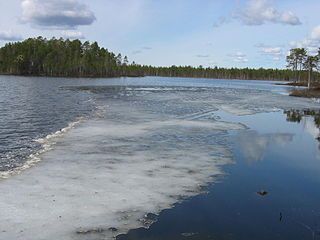Rick Barnett: Nearly 40 Years in Environmental Activism
I just got off the phone with long-time environmental activist Rick Barnett, who, in 1974, started off on what was to become a career of public service in the truest sense: working to bring people together to make the world a better place. As a real “student of the game,” Rick has made some very interesting observations, as well as recommendations for our society if we wish to take seriously the challenge of climate change, ocean acidification, the health-related effects of fossil fuels, etc.
Here are a few short presentations from Rick on:
An Opportunity for California’s Utilities
Testimony to US Senate Committee on Energy and Natural Resources


Here’s a response from Rick Barnett:
First, this is connected to my utility pitch: it is the conservative nature of the utility industry (and for me, the construction industry, too) that has them trailing along in the efficiency realm.
Regarding utility “status quo”, I collect info on how the utilities are heavily investing in somewhat useless, but good PR endeavors. These are generally cast as “demand side management” ideas, but do little for reducing consumption. I include smart meters in this, and will note an interesting legal response to smart meters from Denver: http://www.denverpost.com/breakingnews/ci_22396922/judge-rejects-xcels-request-16-6-million-smartgridcity
Regarding “no incentive to make this happen”, this makes me think about the distinction between public power and IOU’s: PP exists for the benefit of its customers, and what customer doesn’t benefit from a highly efficient home/business, or solar power?
Related, i suggest you look at the testimony of Shari Borrelli (United Illuminating Col) to the Senate ENR committee. http://www.energy.senate.gov/public/index.cfm/files/serve?File_id=c2ef48af-369c-4528-b888-7b8584db035a
Her program is my model for financing/delivering the best efficiency. From her comment about “packaging efficiency like a traditional utility investment”, I would add that, if a utility can generate a matching ROI from efficiency (or renewables), they will go for it. I push efficiency as the “first step” because it’s available today, and can be the hook that pulls the “conservative” utility industry into the critical world of conservation. “Public goods charge” mechanisms are common, and can generate huge amounts of capital, which can then be leveraged to access private capital.
I mentioned PACE in calif, and the popularity of this with venture capital firms. Because the PACE mechanism is so bureaucratic and ineffective, I contend that these same investors would do better by working with utilities rather than local government. The private investors involved with PACE would generate a better return by dealing directly with private sector utilities, rather than working with every local taxing agency.